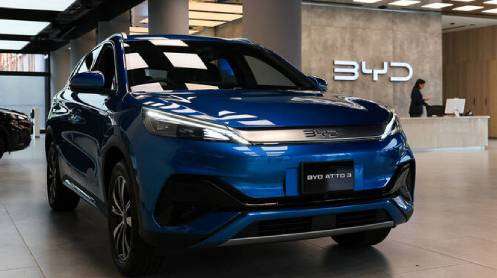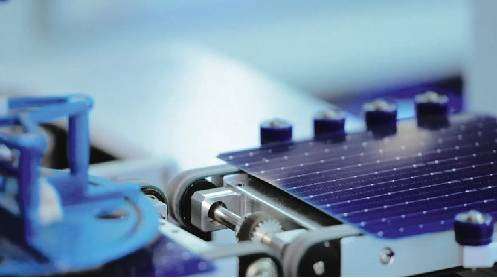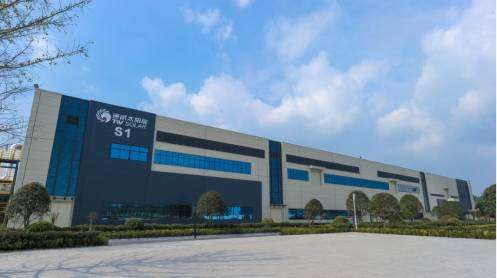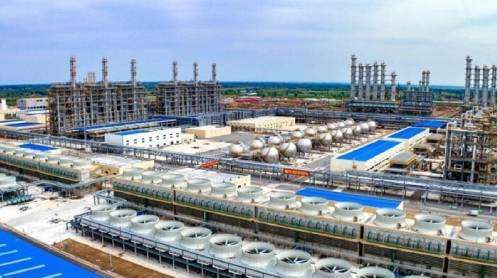KARACHI: Chinese electric vehicle (EV) giant BYD plans to roll out its first locally assembled car in Pakistan by July or August 2026, aiming to tap into the rapidly growing demand for EVs and plug-in hybrid vehicles in the region, a company executive confirmed on Wednesday.
Danish Khaliq, Vice President of Sales and Strategy at BYD Pakistan, told Reuters that the company is building a plant near Karachi in partnership with Mega Motor Company, a subsidiary of Hub Power (Hubco). Construction began in April 2024.
The facility will have an initial production capacity of 25,000 vehicles annually on a double-shift basis. It will begin by assembling imported kits, with partial local production of non-electric components. Initially, vehicles will be produced for the domestic market, with the possibility of exports to right-hand drive countries depending on logistics and market conditions.
“We do not foresee excess capacity in our system as demand in Pakistan will catch up,” Khaliq said.
BYD, the world’s largest EV manufacturer, started delivering imported vehicles in Pakistan in March 2024. Though Khaliq did not disclose exact figures, he noted that sales of several hundred units had already surpassed internal targets by 30%.
The company expects the market size for EVs and plug-in hybrids in Pakistan to grow 3 to 4 times in 2025, up from around 1,000 units in 2024. BYD aims to capture a 30–35% share of that segment.
According to Hubco’s financial disclosures, BYD Pakistan earned a profit of Rs444 million (\$1.56 million) in the March 2025 quarter.
BYD is set to launch its Shark 6 plug-in hybrid pickup truck in Pakistan on Friday. Competition in the segment is heating up, with MG already offering a PHEV SUV and Haval preparing to enter the market.
With limited public charging infrastructure, plug-in hybrids are considered more practical in Pakistan. In a bid to support EV adoption, the government cut electricity tariffs for charging stations by 45% in January 2025.
BY Reuters







